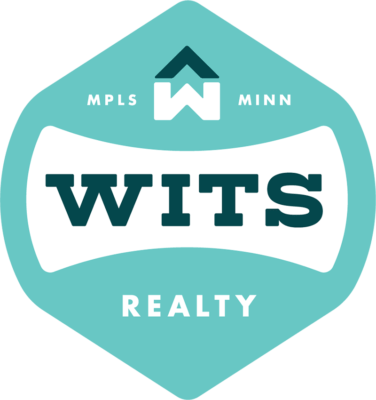Twin Cities 2021 Housing Forecast

Brady Erickson | Realtor
In an effort to quickly turn the page on the year that was 2020, I thought it apropos to look ahead to what 2021 has in store for housing.
After finishing that last sentence, I soon realized that it’s impossible to look forward without taking some inventory in 2020, so let’s rewind for just a second.
The 2020 That Was
When the world came to a screeching halt this spring, many were holding their breath to see what would happen across the economic spectrum, and housing was not immune from this uncertainty. It’s terribly difficult to predict “what’s next” when “what’s happening” is a world-altering pandemic, the likes of which have never been seen in this modern age.
However, what soon became clear is that foundations matter, and the housing market, appropriately so, was built on a solid foundation. When the tide went out in 2020, the housing market wasn’t swimming naked (a la 2009).
Now, I think it is important to understand how housing has shored up its foundation since the crash in order to peer into the future market. We are going to take a glance at three crucial fundamentals:
Lending – One must jump through far more hoops to get a loan on a home, and this is a good thing. This has brought a tremendous amount of stability because those who are buying homes can actually (wisely) afford to on the basis of proven income. “Stated Income” is a thing of the past, which extends my timeline for my multi-million dollar Lake Minnetonka compound a little further out.
Equity – The amount of real equity in homes has increased dramatically since 2008. Take a look at these numbers from John Burns Consulting for the amount of equity homeowners have as a percentage basis.
- 42.1% → 100% equity
- 16.6% → 60-99% equity
- 12.5% → 41-60% equity
- 15.4% → 21-40% equity
- 6.1% → 11-20% equity
- 7.3% → less than 10% equity
These are staggering numbers in the best way. Over 70% of homeowners have more than 40% ownership/equity in their homes, bringing much more stability to the market.
Housing Supply – We need more houses. This is a good thing. This keeps builders employed and it signals the intrinsic value of already-built, “used” homes. At a glance, it may seem like we are cranking out too many homes in the metro as new developments are sprouting up all over the suburbs. However, there are 57% fewer homes being built in the metro than there were during the 2000’s housing boom.
Putting this together, houses are still in high demand, and there are not enough for sale. In fact, our current supply of houses for sale is at a 10-year low. And if no one wants to move out of their home, new ones will have to be built, a great sign from a simple supply and demand standpoint.
What does this mean for 2021?
Once again, I bring good news of great joy, which will be for all people. Barring an apocalyptic type of event, the Twin Cities housing market will be bullish, hot, strong, healthy, you name it. This is great for sellers wanting to cash in on their equity and get top dollar. Outside of some hiccups in Minneapolis proper (for another blog), this should be the case.
Another ironical factor is that housing is more affordable for buyers due to the record low-interest rates. In fact, the average home will be 5% more affordable than it was even 2 years ago because of the rate savings. That’s incredibly helpful for buyers feeling skirmish about overpaying.
Here’s to another year of market symbiosis and growing wealth through real estate!
Keep up with Wits
More from the Wits Blog:
4 Great Ways to Make Money In Real Estate
From the outside it can seem like people that invest in real estate have secret powers. While no investor would confess to having a genie at their disposal, the reality is they do have something not everyone has: They have knowledge.
Is Twin Cities Housing In Bubble Trouble?
By Brady Erickson, Realtor Short answer: No. Long answer: No, not really. Understandably, there is a bit of a recency bias when it comes to how one feels about the future of the real estate market. We are not all that far removed from the bursting of the housing bubble, and that is certainly informing…



